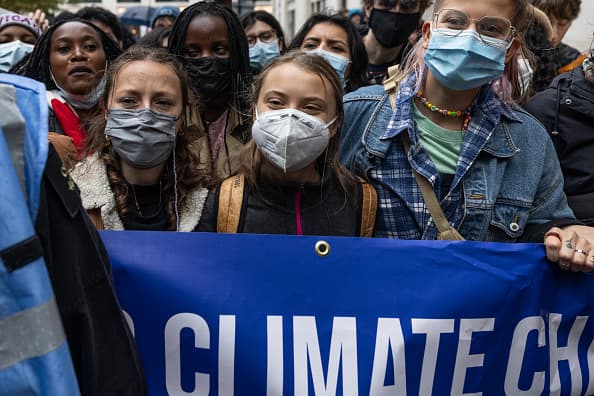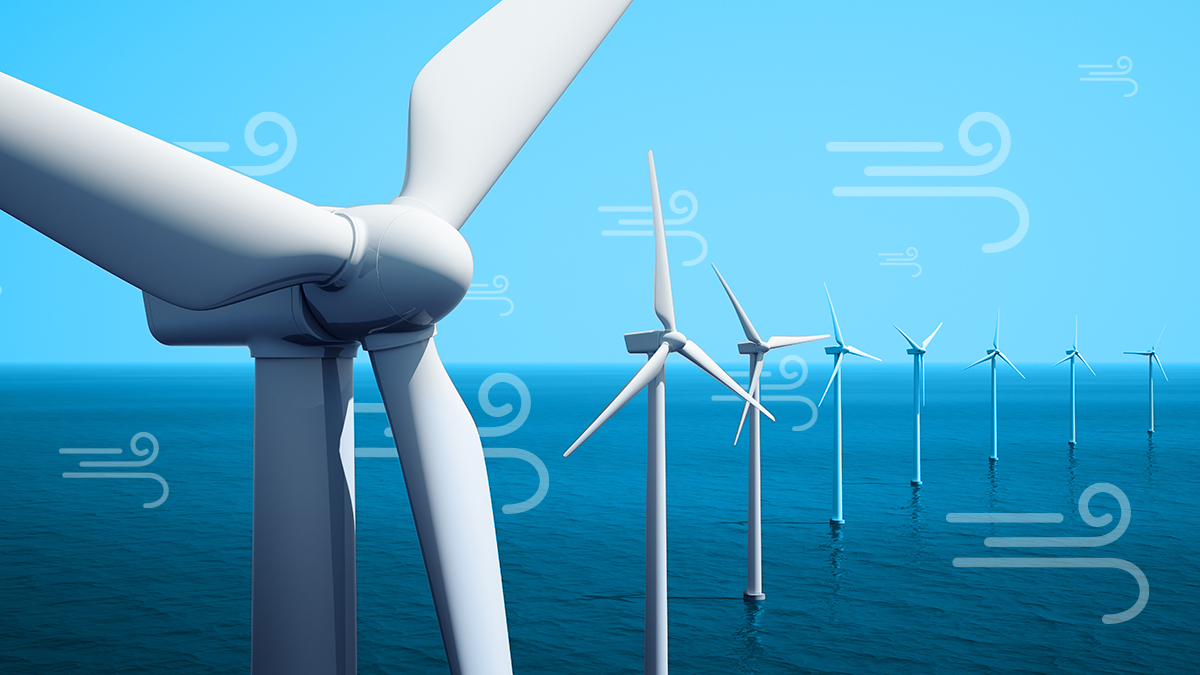Taxes, economy, COVID, education, healthcare, abortion, immigration, and down the line you go before climate change pops up as the "one most important issue in this year's election" for New Jersey voters polled recently.
Just 3 of 544 voters surveyed by the Stockton University Polling Institute marked it as their most important issue ahead of the Nov. 2 gubernatorial election in New Jersey. Incumbent Phil Murphy is seeking to become the first Democratic governor re-elected in the Garden State since 1977. He faces former state Assemblyman Jack Ciattarelli, a Republican.
Climate change placed 27th out of 31 issues offered as options for voters who took the Stockton survey.
"The way we ask that question is we ask them to narrow it down to the one most important issue," Stockton research analyst Alyssa Maurice said Thursday after the poll results were released. "If they were allowed answers to include more issues, I’m sure we’d see an increase for many, including climate change."
Get Philly local news, weather forecasts, sports and entertainment stories to your inbox. Sign up for NBC Philadelphia newsletters.
Results of another poll on the governor's race released this week by the Monmouth University Polling Institute didn't include climate change as an option for the question of the issue "most important to you in deciding your vote for governor."
That was restricted to taxes, COVID, jobs and the economy, education and schools, transportation and infrastructure, crime, and abortion.
The polls came out in the same week that New Jersey residents once again braced for major flooding from a nor'easter, and as the ninth anniversary of Superstorm Sandy passes.
Monmouth Poll Director Patrick Murray said climate change didn't rank high in an August poll of voters in New Jersey and Virginia, the only two states with governor's races this November.
"Back in August, we asked open-ended questions in both New Jersey and Virginia about voters’ most important issues. 'Environment' (which includes climate) was named by no more than 5% in either state," Murray said in an email.
He added, "None of the candidates in either state are focusing their messages on climate change."
One of New Jersey's leading environmental advocates said it is surprising that climate change played such a miniscule role in recent polling.
Environment New Jersey state director Doug O'Malley said climate change was the first question asked at the initial gubernatorial debate between Murphy and Ciattarelli, and it came up again in their second debate.
"It’s not just about the shore," O'Malley said Friday. "This is about every community and the safety of every community. No one is safe. It might not be a top five issue historically in New Jersey gubernatorial races, but flooding doesn’t care whether it’s a Republican or Democratic town."
O'Malley said the Republican candidate, Ciattarelli, has not given specific details to his clean energy plans and environmental policies. Meanwhile, he said Murphy has put a lot of effort behind making New Jersey's power grid carbon emissions-free by 2050.
Murphy is pushing for 7,500 megawatts of renewable wind energy off the Jersey coast by 2035, and supports $200-300 million in public funding for a "wind port" in Salem County that would support the construction of thousands of wind turbines in the Atlantic Ocean off the American coast in the decades ahead.
Neither campaign responded to requests for comment for this story.
On Ciattarelli's campaign website, he says he would "implement a balanced, rational energy policy that includes natural gas and renewable energy to create jobs, keep energy prices down, and provide safe, reliable and cleaner power sources."
Among his proposals, he said he would not invest in offshore wind energy, but use public money instead for "more impactful projects such as dredging and electric vehicle charging stations."
One recent international poll, conducted by the Pew Research Center, found that 8 in 10 people are now "willing to make [a lot of/some] changes about how you live and work to help reduce the effects of global climate change."
However, less than 5 in 10 people surveyed have "confidence that actions taken by the international community will significantly reduce the effects of global climate change."
New Jersey's gubernatorial election will take place next week amid an international gathering on climate change called COP26. It is taking place Oct. 31-Nov. 6 in Scotland and will leaders from more than 150 countries, including President Joe Biden.
The summit has been described by the United States' envoy to the United Nations, John Kerry, as "the last best hope" for the world community to join together in preventing an irreversible rise in global temperatures and upheaval for life on Earth.



